Mediheal Denies Organ Trafficking Allegation
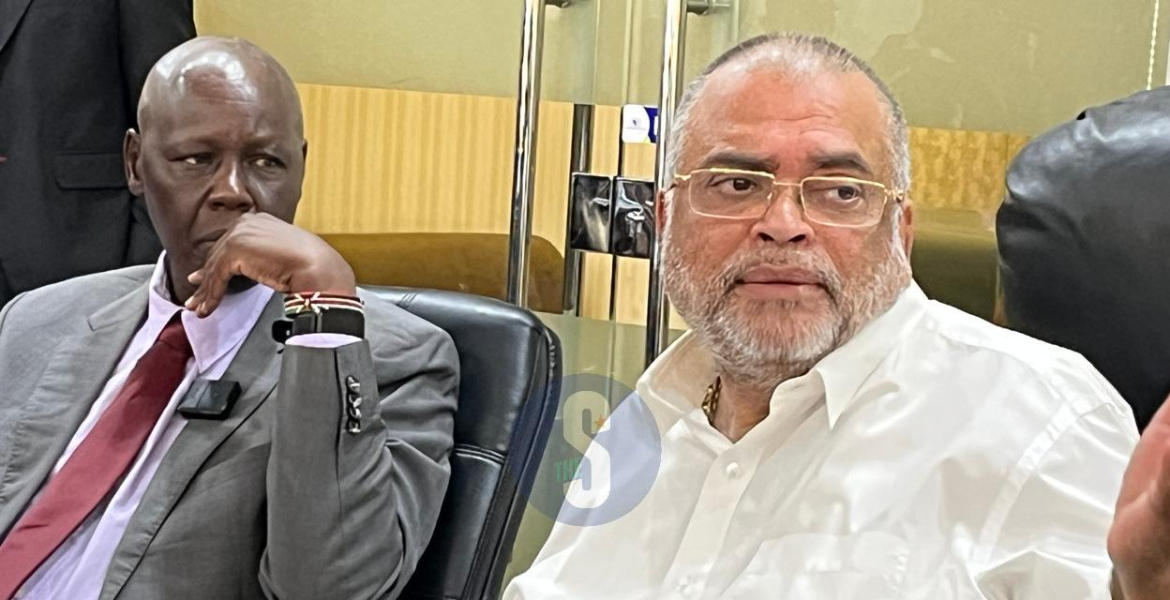
The Mediheal Group of Hospitals is vehemently denying allegations of involvement in organ trafficking, asserting its commitment to ethical medical practices and vowing full cooperation with ongoing investigations.
The rebuttal comes as the hospital faces mounting scrutiny following claims of professional ethics violations, transplant tourism, and the commercialisation of organ donations, accusations that have triggered nationwide concern. During a press conference held to address the allegations, Mediheal representatives, led by lawyer Katwa Kigen, firmly refuted the claims, emphasising the hospital's long-standing adherence to legal and ethical guidelines in kidney transplant procedures.
“We are not involved in the trafficking of human organs,” Kigen stated emphatically. “We are not in any syndicate, and we will cooperate with security agencies, parliamentary committees, the Ministry of Health, and any other institution looking into the matter.”
Kigen has provided detailed information about Mediheal's kidney transplant program, which began in November 2018 after receiving authorisation and licensing from Kenya's Ministry of Health. Since its inception, the facility has performed 476 transplants. Of these, 371 involved Kenyan patients, while 105 were foreign nationals from countries including Israel, Germany, the United States, Burundi, the Democratic Republic of Congo (DRC), and Somalia. According to Kigen, the hospital boasts a high success rate, with a mortality rate of less than two percent among recipients and zero mortality for organ donors.
“Out of the 476 transplants, less than two percent have resulted in mortality among recipients. This speaks to the effectiveness and safety of our procedures,” he remarked.
Hospital founder Swarup Mishra echoes Kigen’s sentiments, categorically dismissing the allegations as “false and baseless.” He affirms Mediheal's unwavering dedication to providing safe and ethical healthcare services. The allegations against Mediheal stem from an investigative exposé by German media outlets Deutsche Welle (DW), ZDF, and Der Spiegel. The exposé purportedly uncovered an international organ trafficking network involving vulnerable individuals, including young Kenyans, who were allegedly coerced or misled into donating their kidneys.
These kidneys reportedly ended up benefiting wealthy recipients from countries like Israel and Germany. The exposé has ignited public outcry, prompting multiple investigations, including an 80-day public inquiry launched by Kenya’s National Assembly Health Committee and a separate probe led by the Directorate of Criminal Investigations (DCI). In a move aimed at demonstrating transparency, Mediheal extended an invitation to government agencies, parliamentary committees, and concerned citizens to examine its operations firsthand.
The hospital expresses its willingness to undergo a full public audit and urges individuals with credible evidence to come forward. The hospital highlights the fact that 62 of its foreign patients hailed from Israel, arguing that this underscores its growing reputation as a medical hub in East Africa. Legal representatives from the facility maintain that the influx of patients from developed nations, such as Israel, reflects the institution’s capabilities and success.
“When we hear a patient is coming from Israel—a developed state—to Eldoret, we need to be proud of ourselves for that. Someone out there is not happy that Kenya is offering these services, and they want to tarnish our name,” they assert.
Mediheal's lawyers suggest that the allegations may be the work of foreign entities, possibly competitors, attempting to discredit the hospital due to its increasing prominence in the region's healthcare sector. They contend that such rivals are spreading misinformation to undermine the facility’s achievements. Meanwhile, Health Cabinet Secretary Aden Duale has directed the Council of Clinical Officers (COC) to conduct comprehensive re-inspections of all licensed health facilities and submit detailed reports to the Ministry of Health.
This directive is aimed at bolstering standards within Kenya’s healthcare system, ensuring the integrity of clinical practices, and protecting public health. Dr. James Nyikal, chairperson of the National Assembly Health Committee, acknowledges the broader concerns of ethical compliance and oversight within Kenya’s healthcare sector. He states that the inquiry aims to assess the legality and ethical standards of kidney transplant services at Mediheal. Nyikal assures the public that the committee will recommend reforms to strengthen the healthcare system and safeguard its integrity.

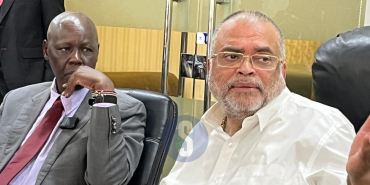
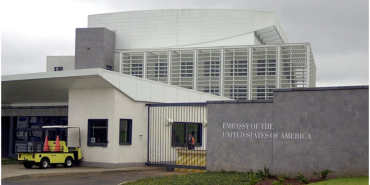

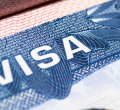

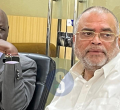
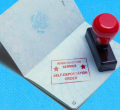








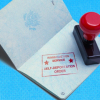
Add new comment